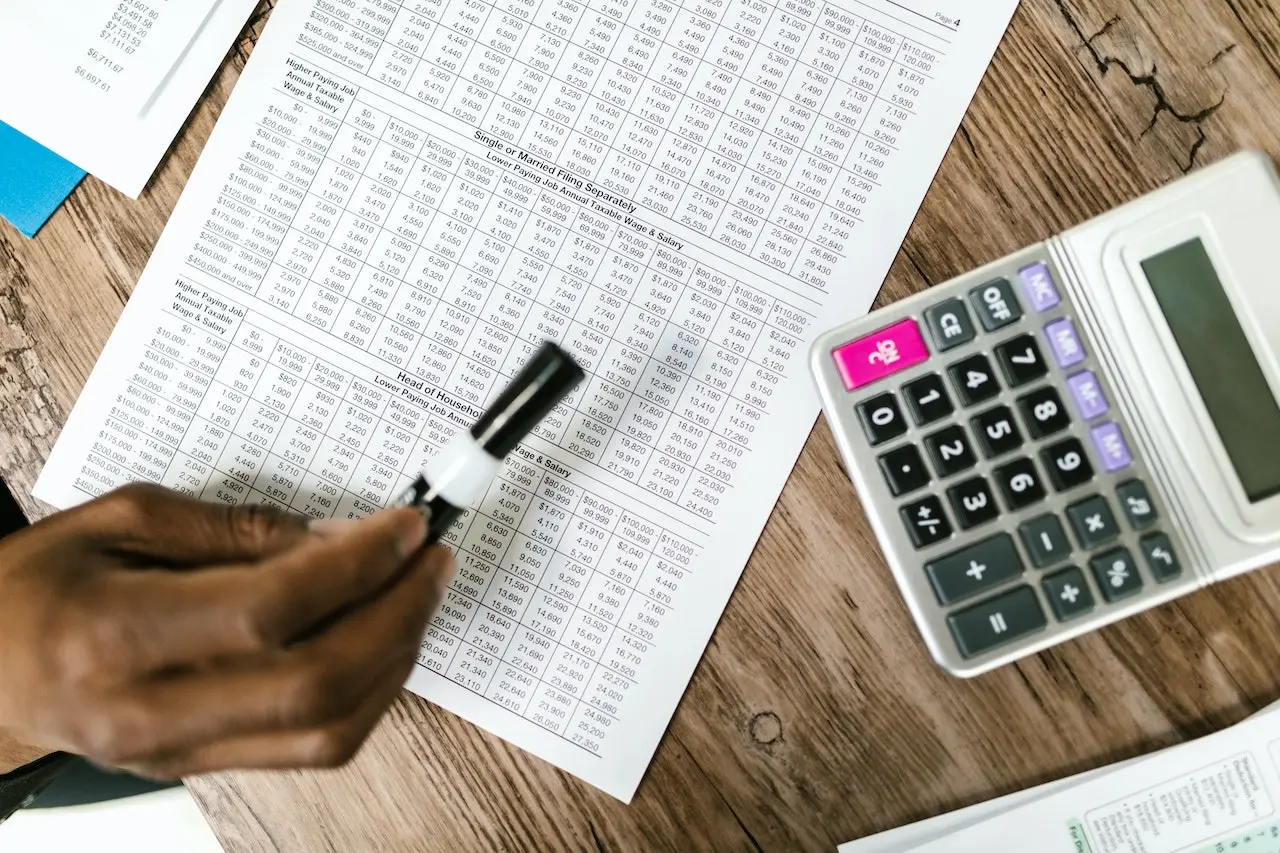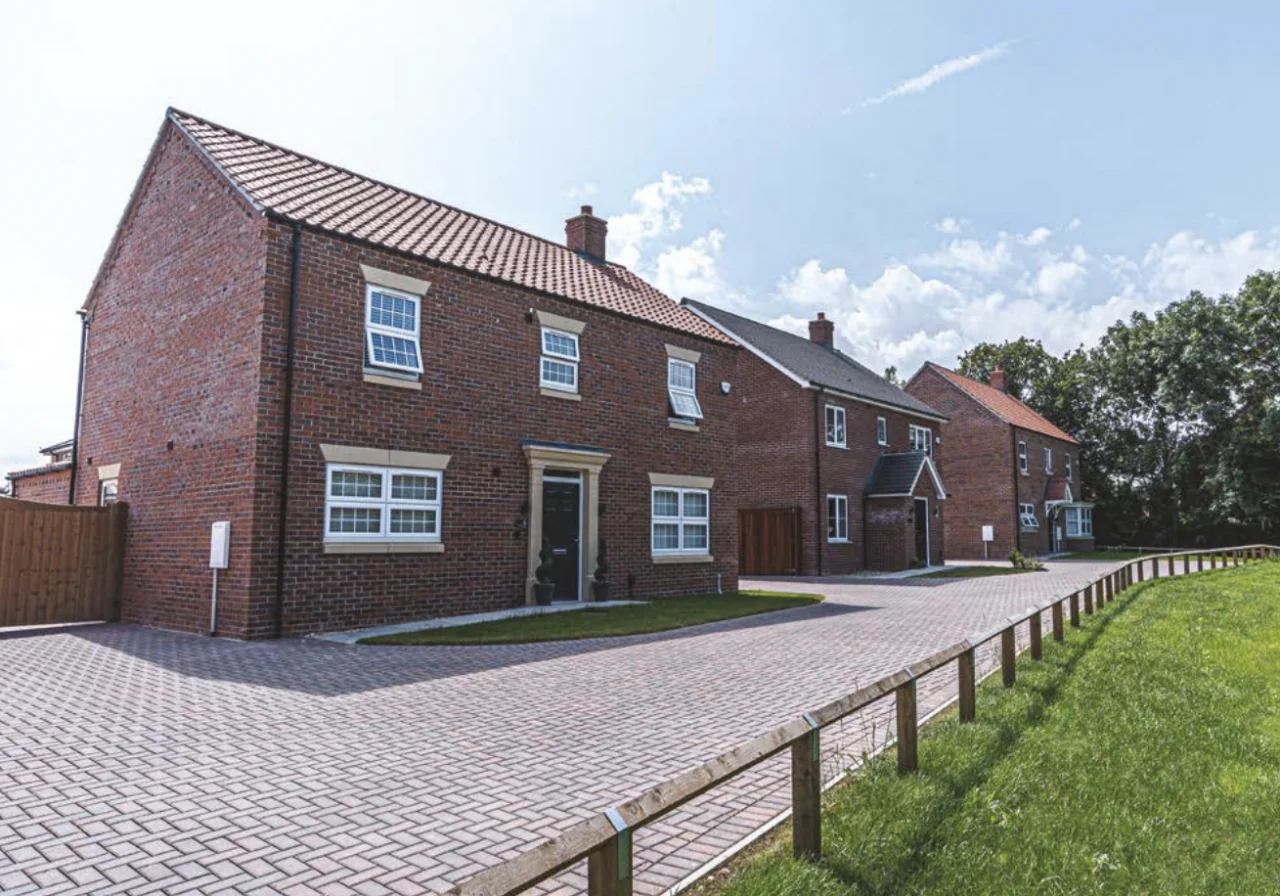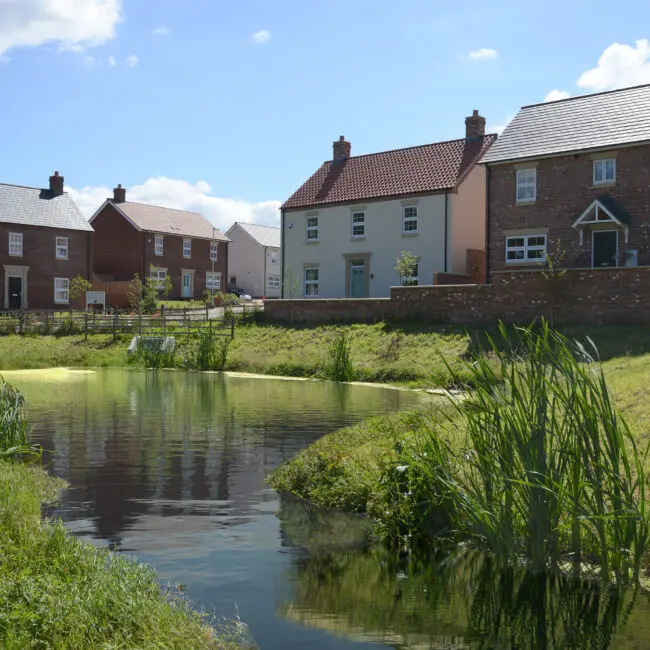Do You Pay Stamp Duty On A New Home?

Understanding Stamp Duty
Are you looking to move into a new home? Purchasing a new property is an exciting moment, but it is also one of the most complex and costly investments you will make.
One of the most common questions that homeowners purchasing a new property ask is whether they will need to pay Stamp Duty and how much they will need to pay. That is why in this blog, we thought we would explore this topic further.

What is Stamp Duty?
Stamp Duty Land Tax, or Stamp Duty as it is more commonly known, is a tax that is paid on all land or property (new or pre-owned) that has been purchased in England and Northern Ireland.
This tax rate varies on whether you are a first-time buyer, are not a UK resident or are buying an additional property.
Simplifying Stamp Duty
There is also a threshold of £250,000 before a residential property becomes eligible for Stamp Duty, and the current tax rates are:
| Property Value | Stamp Duty Land Tax Rate |
| The first £250,000 | 0% |
| The next £675,000 (the portion from £250,001 to £925,000) | 5% |
| The next £575,000 (the portion from £925,001 to £1.5 million) | 10% |
| The next £575,000 (up to £1,500,000) | 10% |
| The remaining amount (the portion above £1.5 million) | 12% |
For first-time buyers, they will pay 0% on the first £425,000 and then 5% on the next £425,001 up to £625,000. For individuals purchasing a second home in addition to their main residence, they will also have to pay 3% on top of their Stamp Duty, while non-UK residents will pay a 2% surcharge.
What’s the penalty for not paying Stamp Duty?
Failure to pay your Stamp Duty will result in a fine. For those buyers that need to pay stamp Duty, they will need to have HMRC stamp their documents within 30 days of being signed and dated. For late submissions up to 12 months, there is a 10% charge up to a maximum of £300. For those that are submitted between 12-24 months, that increases to 20% and anything over that is 30%.
For anyone late in paying their Stamp Duty fees, they will be charged interest on top of what they owe, with the rate set by HM Treasury.
Can Stamp Duty be waived?
There are certain situations where Stamp Duty can be waived, or buyers can get relief and exemptions on their charges. This includes:
- Where no money has been exchanged for property or land.
- The property has been left in a will.
- The property has been transferred because of a divorce or civil partnership dissolution.
- A buyer purchases a freehold that is under £40,000.

Need help with purchasing a new home?
Have more questions about purchasing a new home? Here at Cyden Homes, our team is on hand to help you find your dream new build property, so get in touch today with any questions you might have, and we’ll be happy to help.

Get in touch
Looking for a new home for you and your furry friend? Cyden Homes can help you find the perfect place to rest your paws!
Contact Us